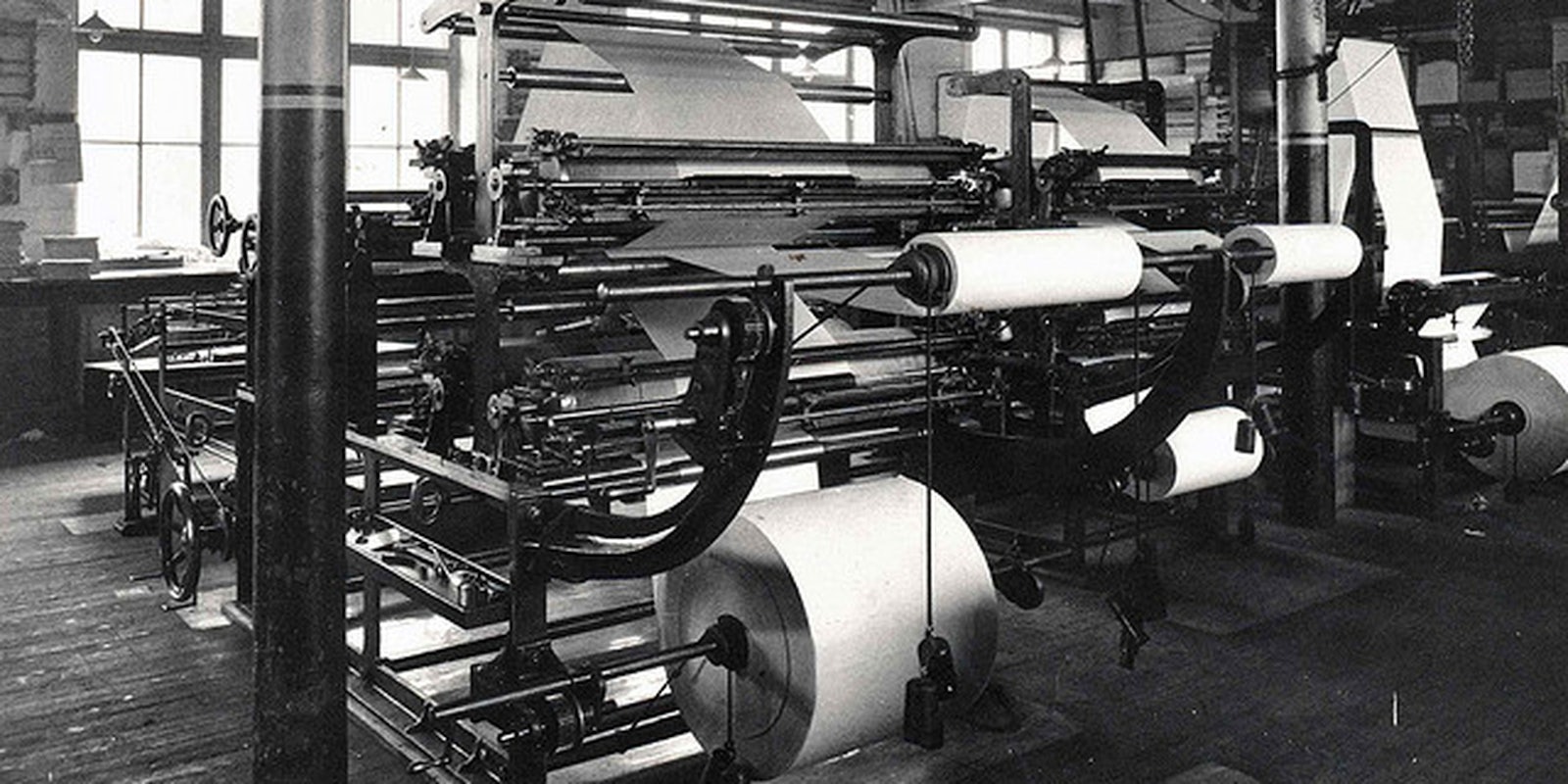So far, the 21st century has been a dismal time for American newspaper publishers, who’ve faced declining revenues as readers flee to digital alternatives. Publishers, such as the New York Times, have seen some success implementing paywalls. But now one of the nation’s largest newspaper companies is looking toward the wild frontier of online revenue.
The Chicago Sun-Times, the nation’s ninth largest newspaper, will be testing out a new kind of social paywall on Feb. 1 that gives readers either the option to pay in Bitcoins, the digital crypto currency, or Tweet out support for a non-profit organization in exchange for access to the site.
“We continue to experiment and test new technologies that we believe engage our readers and look forward to being the first major U.S. newspaper to test a Bitcoin-based paywall,” said Sun-Times publisher Jim Kirk.
The paywall experiment will last for 24-hours to test the waters. During that time, users can either donate Bitcoins to, or Tweet about, the Taproot Foundation in order to test out the system and gauge its functionality. The Taproot Foundation is a nonprofit that does pro-bono business work for other charitable organizations.
According to the Domains, the first site to report on this story, the Sun-Times paywall is being constructed by the San Francisco based company BitWall, which has previously constructed a Bitcoin paywall for the Dish Daily.
If successful, the Bitcoin paywall could open up all new revenue streams for a media institution that, like so many print publications, has struggled to adapt to an online world. Last year, in a drastic move to help control cost, the Sun-Times fired all 28 of its staff photographers, replacing them with iPhone wielding reporters. The decision sparked significant outcry within the journalism community, including a complaint with the National Labor Relations Board. Since then, the paper has hired back four of them.
Newspapers at-large have struggled with how exactly to implement paywalls. When many publications first created their websites in the late 1990s and early 2000s, many did not charge for access, assuming that they would never eclipse the print editions that spawned them. But after engendering among their customers a mindset that online news should be free, traditional news publications have been looking for a way to get the genie back in the bottle. They’ve experimented with a variety of systems, everything from hard-and-fast cut offs to schemes that allow a certain number of monthly page views before users are asked to pay. The New York Times has implemented the latter and seen some success, though the number of new subscribers has slowed as of late.
It’s unknown whether the Sun-Times will receive any sort of boost from being the first major newspaper to accept Bitcoins. In other arenas, such as political donations, early adopters have been the beneficiaries of increased revenue thanks to the zeal of Bitcoin enthusiasts eager to see the currency used for legitimate purposes.
Photo by Edinburgh City of Pring/Flickr


